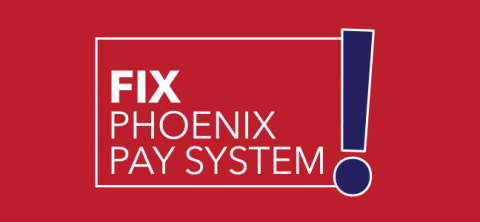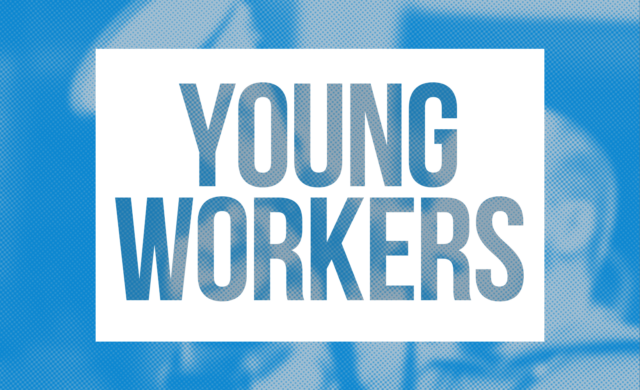Get reimbursed for Phoenix-related tax issues
As the tax filing deadline quickly approaches, we know that Phoenix has made tax season extra stressful for many public service workers. PSAC has long-secured measures to help alleviate some of the tax-related financial losses caused by Phoenix pay problems.
Frequently Asked Questions: 2018 Tax Implications of Phoenix payroll issues
Reimbursement for tax advice
Public service workers impacted by Phoenix can reach out to tax experts to help determine if there are errors on their T4s and determine whether there are tax implications for those errors. Members can be reimbursed for this tax advice up to $200 per year (taxes included).
To file a claim, complete this online form.
More information can be found at Claims for expenses and financial losses due to Phoenix: reimbursement for tax advice.
Claim for impacts to income taxes and government benefits
Those who have been impacted by Phoenix may also be facing financial loss due to the incorrect reporting of their salaries. Often this is due to:
- overpayments put an individual into a higher tax bracket, causing them to owe more in income taxes, or
- the increased income caused an individual to be ineligible, or eligible for less, government benefits and credits such as the Canada child benefit.
To find out if you are eligible to be reimbursed for these types of financial losses, go to Claims for expenses and financial losses due to Phoenix: Claim for impacts to income taxes and government benefits.
Claim out-of-pocket expenses
Anyone who has been financially impacted by Phoenix, tax-related or not, may also be eligible to claim out-of-pocket expenses. Out-of-pocket expenses include things like penalty fees, interest charges, or NSF (non-sufficient funds) charges.
Visit Additional Financial Expenses Incurred Because of Phoenix Pay System Errors to get more information and fill out the claim form.
The original version of this article was first posted on the PSAC website.








